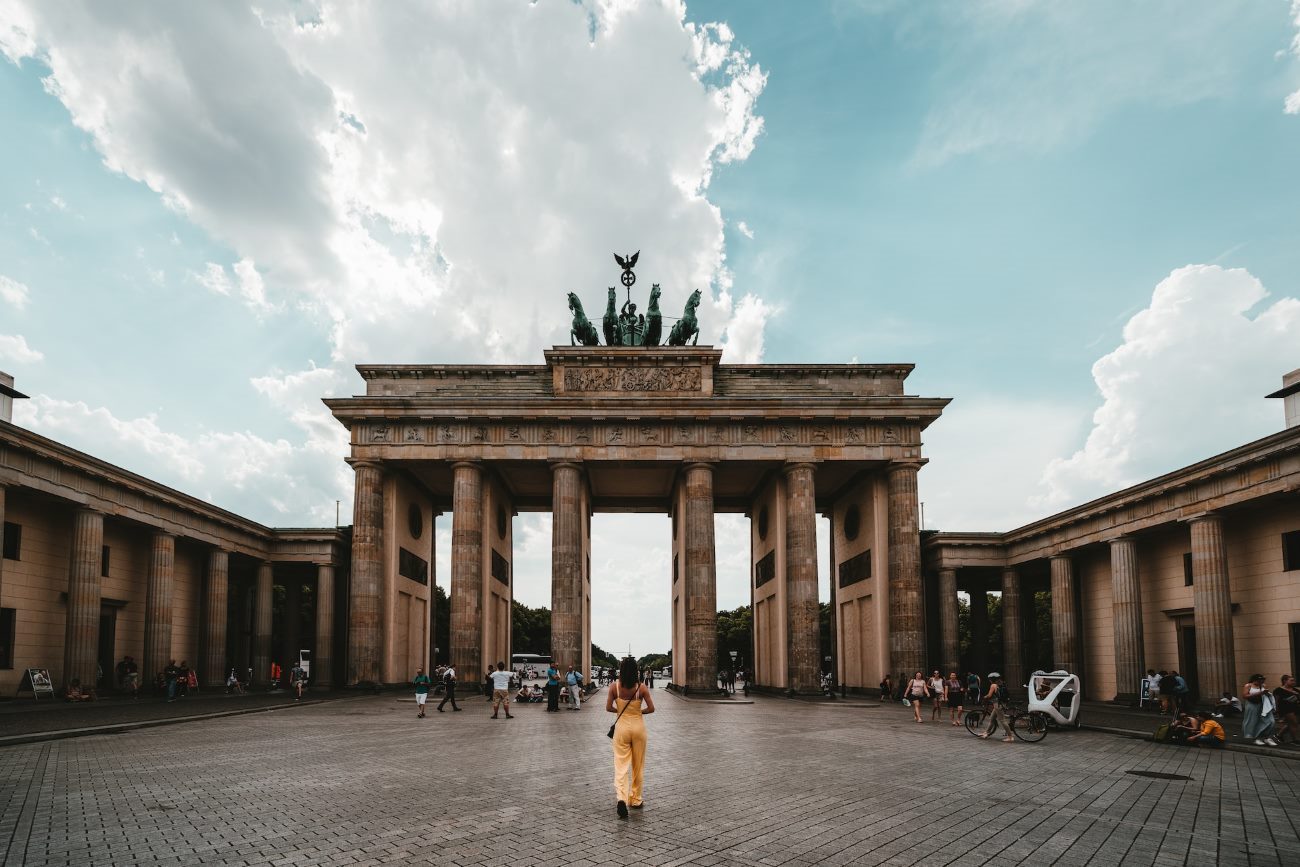Why is a Tour Guide Essential for Preserving Berlin’s History?
Exploring a city like Berlin, full of its past and history as well as culture, can be really overwhelming, especially for newcomers. It is here that a tour guide is seen to play a vital role. Today, we will deal with the role of a guide in preserving the history of Berlin and what importance they hold for a deeper understanding of this fascinating city.
The Keeper of Historical Knowledge
A tour guide is not just a guide – they are also custodians of historical information. By virtue of a rigorous research, training course and hands-on experience, tour guides become knowledgeable on Berlin’s history. Their deep knowledge of the city’s history allows them to give correct information, stories, and overlooked information which may have gone undetected.
Through sharing these stories and anecdotes, this guides in some way to contribute to how the history of Berlin is kept alive. They carry on the storylines; keep alive the memories of important happenings like the Berlin Wall or World War II; pass it down to future generations. Their function goes beyond mere recreation, turning into something necessary between the past and the present.
Expert Navigation
Discovering a city as large and as varied as Berlin as been overwhelm without a guide. Local Tour guides are expertly skilled about the urban area and also understand exactly how to navigate efficiently down the streets and also neighborhoods. Local guides are aware of the most efficient routes, best hidden spots and how to travel between landmarks the best way to possibly do so and help visitors to get the most of their visit.
In addition, tour guides are trained to customize the tours to cater to the peculiar interests and requirements of the group. Whether it’s arts, architecture, or historical event in significance, they can tailor the tour to highlight the stuff which they traverse the most to the visitors. This customized approach motivates the whole experience and strengthens the connection to Berlin’s past.
Contextual Understanding
One of the advantages of having a tour guide is getting a historical context of Berlin. While guidebooks and audio guides give a certain level of information, they cannot equal what a live guide says. Guides can tell a vivid picture of history to visit, that visitors can fully understand the location of historical, social and cultural importance.
With their narrative skills, guides can transfer you to the past, sharing stories of those who, along with this city, lived through the events that have formed Berlin. This interactive experience transports history to the present and gives the visitors a more intimate understanding and deeper connection with the past of the city.
Fostering Cultural Exchange
Apart from being knowledgeable storytellers, tour guides can also be cultural ambassadors, facilitating cultural interchanges between the tourists and the locals. Berlin is a melting pot of cultures and customs, and tour guides assists in narrowing the cultural divide by sharing knowledge on local customs, tradition and modern life.
They can point out authentic local things to do like local restaurants, markets or events, which are opportunity for visitors to truly get to know the town and interact with the community. Thus, as ambassadors of cultural understanding, tour guides contribute significantly to jeopardizing Berlin’s prison out-of sight mailing as a monotonous and hole converse town.
Conclusion
Even if you can do Berlin’s history yourself you will have a unique experience. Their historical expertise knowledge, special skills in navigation, as well as ability to promote cultural exchange as well as to preserve a history Berlin all play an important role in promoting the history of Berlin.
The next time you are in Berlin, think of following a guided tour. Not only will you obtain a knowledge of the history of the city, but you will also participate in preserving its spiritual cultural heritage.
Table of Contents



